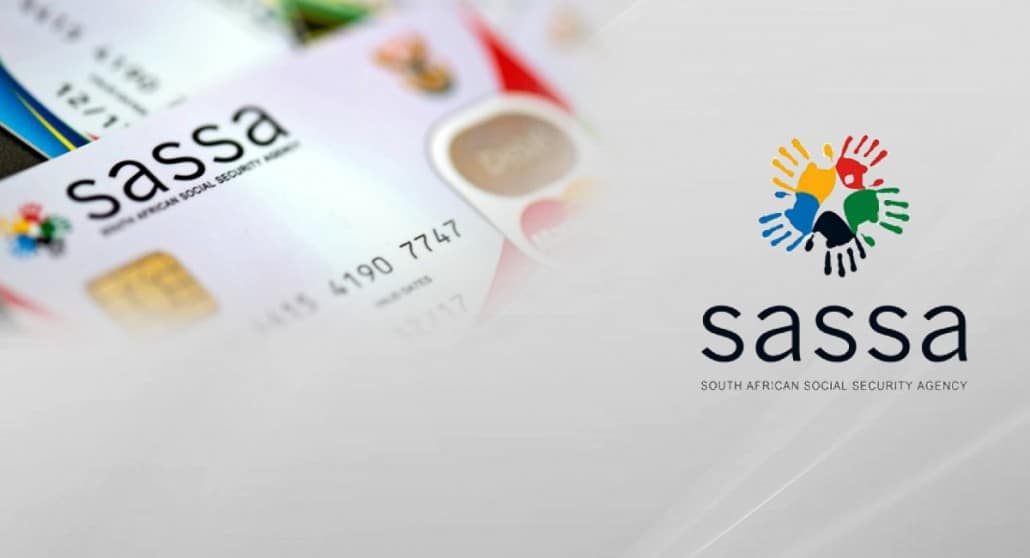The executive leadership of the South African Social Security Agency (Sassa) endured the hot seat in Parliament recently to answer questions on the financial health of the agency and its spending history in the 2015/16 financial year. The agency logged a total of R1.1-billion in irregular expenditure, Parliament’s standing committee on public accounts (Scopa) was told on Wednesday.
About a third of this – R316-million to be exact – was a payment to Cash Paymaster Services (CPS) for what Sassa says was the re-registration of grant beneficiaries, and the subject of legal action taken against the agency by Corruption Watch earlier this year.
CPS has been providing social grant payments on behalf of Sassa to the country’s disadvantaged since 2012. The contract is worth R10-billion, with the service spanning over five years. DA MP Timothy Brauteseth asked the Sassa delegation why Virginia Petersen, former CEO of the agency, was absent from the meeting, as the irregular expenditure happened under her watch.
Current CEO Thokozani Magwaza replied that he was there to answer from the perspective of accounting officer. Magwaza has only been officially at the helm since October, despite the announcement of his appointment by Social Development Minister Bathabile Dlamini back in June.
The R316-million, said Brauteseth, was initially approved by the auditor-general, who later rejected it, sparking some objections by Treasury. Giving background on the payment, Sassa CFO Tsakeriwa Chauke said due process was not followed because the accounting authority made an “urgent decision” at that time.
“The process was not followed because the accounting authority had to make an urgent decision to take on the additional beneficiaries. That decision needed to be processed by the department,” he said, adding that the number of people needing to be re-registered had risen from nine-million to 15-million, and the extra R316-million was needed for this reason.
Brauteeseth argued that in terms of the contract between Sassa and CPS, the registration of beneficiaries at the start of the contract should have included all people included in the Sassa Act, and not excluded children.
“In terms of the Service Level Agreement a beneficiary shall bear the meaning assigned to it in the Act and includes children.”
Now the argument with CPS, he added, was that their original document never included children because the recipient is somebody who is entitled to it and a beneficiary is somebody who receives money.
Brauteeseth asked Chauke why he did not point out to CPS that in the original document there was an agreement to include children as it is in the contract.
Sassa’s projects upon rolling out the project, said Chauke, had shown the number of potential beneficiaries to be around nine-million. This is the number reflected on the bid for the contract. It was only after the implementation of the contract that the true numbers – which now included children – were clearer, and these turned out to be higher.
Away with secrecy
Corruption Watch took Sassa to court in 2015, applying for the payment made by Petersen to CPS for beneficiary “re-registration” purposes to be set aside. The reasons provided by Sassa to explain this payment were unfathomable to say the least. The initial contract between Sassa and CPS, concluded in 2012 and since set aside by the Constitutional Court, clearly provided for the registration of all beneficiaries but not for a re-registration process, said Corruption Watch head David Lewis at the time.
“We were unable to find any contractual basis for the payment and no new contract had been concluded between the parties which could have justified the payment.”
When Corruption Watch approached Sassa for an explanation for the payment to CPS, their response was that it was made in lieu of services rendered for the re-registration of beneficiaries, citing various reasons justifying the payment and the re-registration process.

